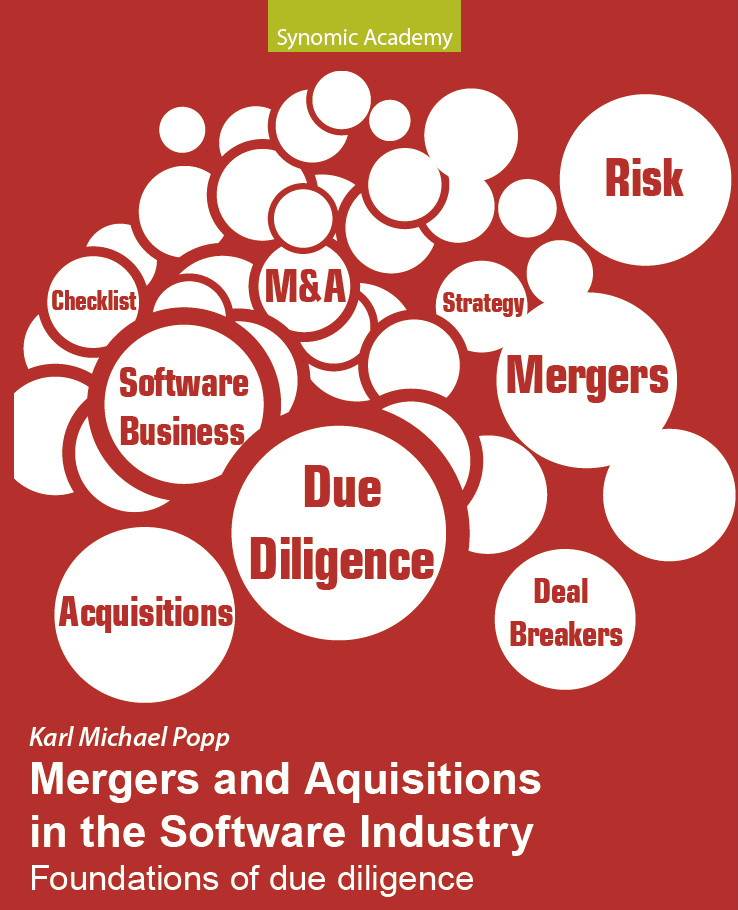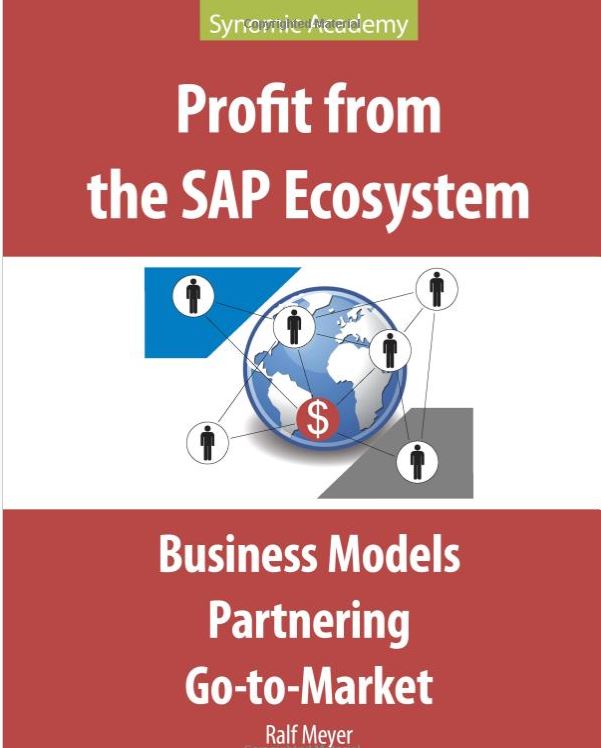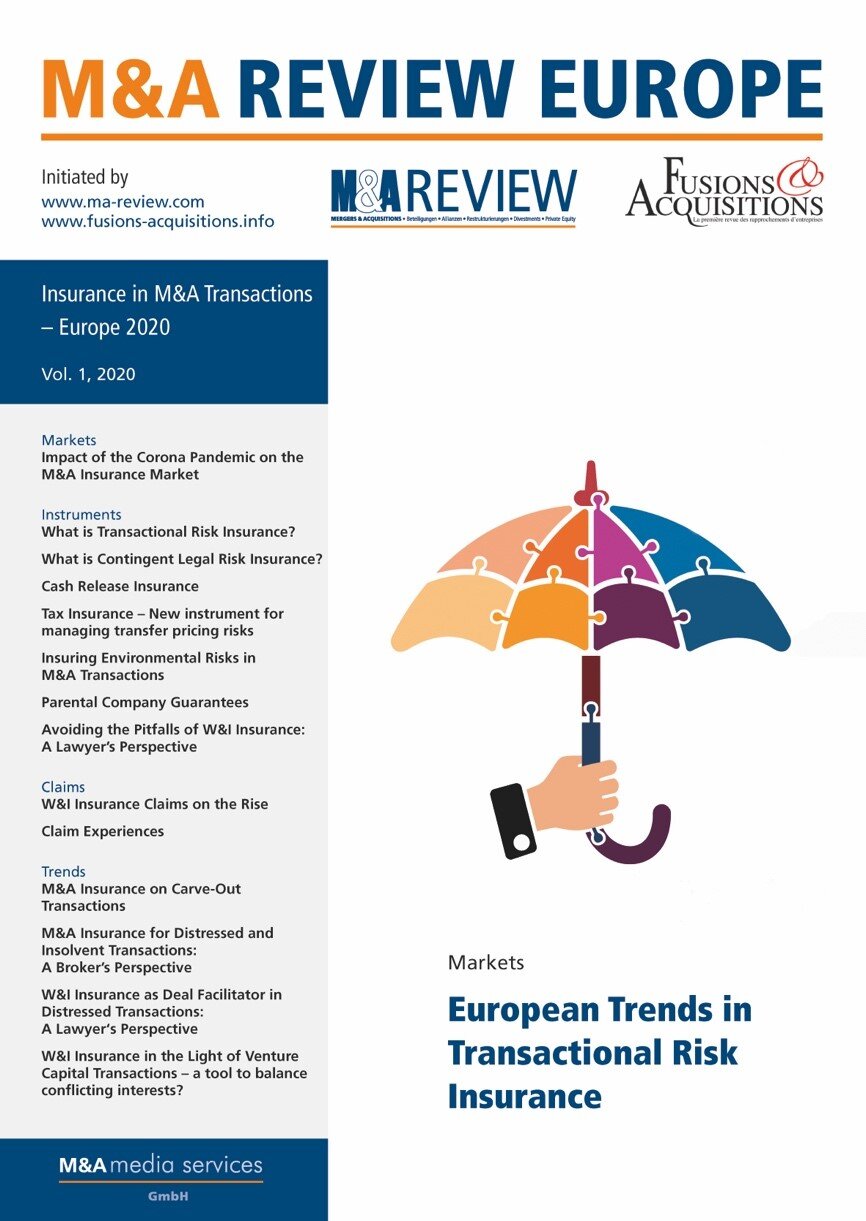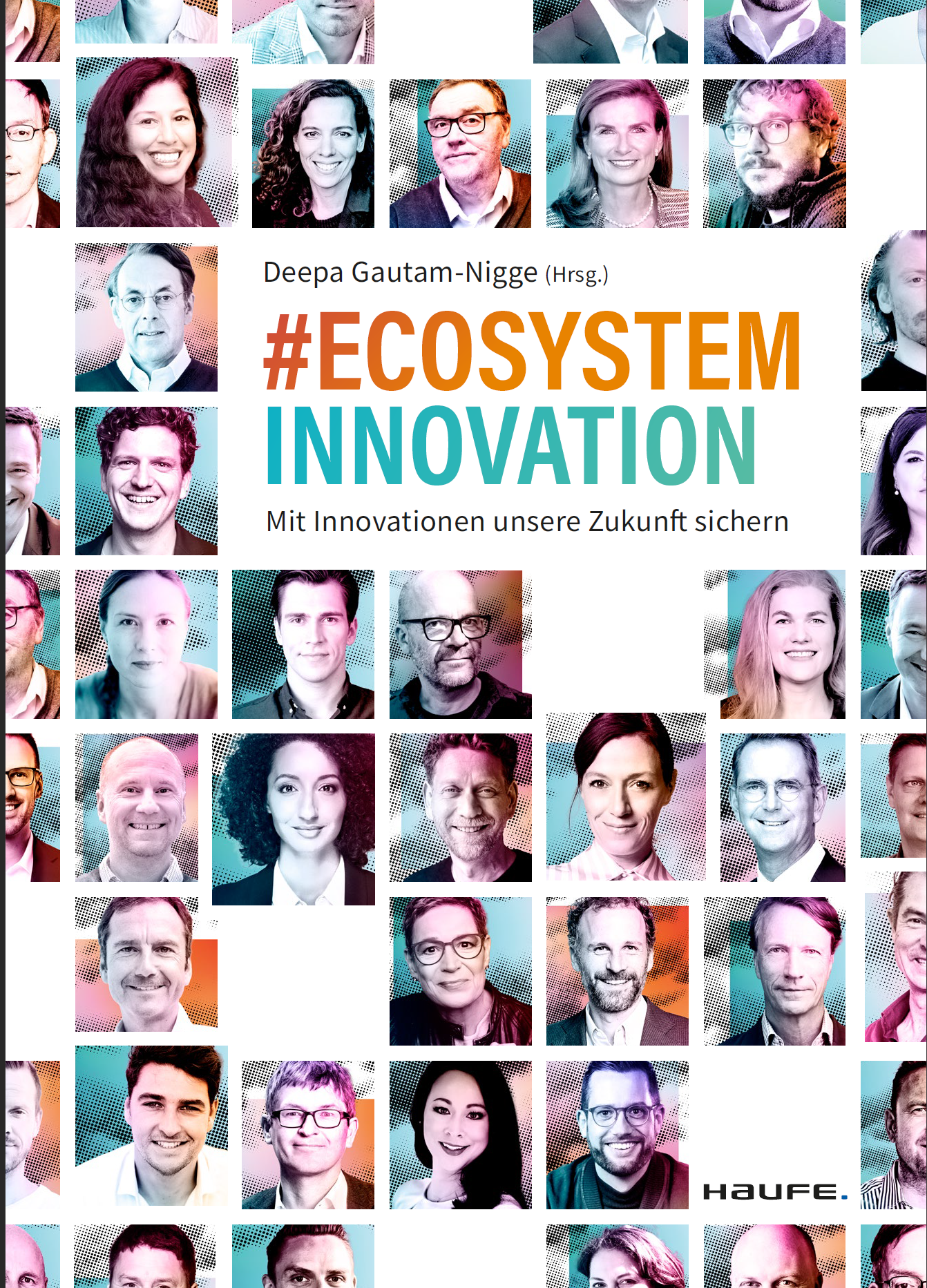Five questions for the due diligence of supply chains during mergers and acquisitions
Mergers and acquisitions (M&A) are complex transactions that require careful evaluation and analysis of various aspects, including supply chains. The due diligence process becomes even more critical when it comes to examining supply chains, as they play a vital role in the success and sustainability of the newly formed entity. In this blog post, we will explore five essential questions that companies should ask during the due diligence of supply chains in M&A deals.
1. How are the supply chain relationships structured and managed?
Understanding the structure and management of supply chain relationships is crucial. This includes identifying key suppliers, evaluating their financial stability, reviewing contracts and agreements, and assessing any associated risks. It is important to gain transparency and assess the existing supply chain management practices to identify potential gaps or areas for improvement.
2. What are the potential risks and vulnerabilities within the supply chain?
Uncovering risks and vulnerabilities within the supply chain is essential to mitigate any unforeseen disruptions or negative impacts on operations. This includes assessing factors such as supplier dependencies, geographical risks, regulatory compliance, and potential bottlenecks. Identifying these risks allows companies to develop strategic plans to manage or mitigate them effectively.
3. How compatible are the existing systems and processes in the supply chains?
Integration of systems and processes is critical for a seamless transition during M&A. Companies need to evaluate the compatibility and compatibility of the existing systems and processes in both supply chains, including technology infrastructure, software applications, and data management. Identifying gaps or inconsistencies helps in planning for necessary changes or improvements for an integrated and efficient supply chain.
4. How do the supply chains align with sustainability and social responsibility goals?
In today's business environment, sustainability and social responsibility play a significant role in the success of companies. This includes evaluating the environmental impact of the supply chain, labor practices, and ethical sourcing. Examining these aspects during due diligence allows companies to ensure alignment with their corporate values and identify any areas for improvement or potential reputational risks.
5. What are the future growth opportunities and scalability of the combined supply chains?
Assessing the future growth opportunities and scalability of the combined supply chains is crucial to gauge the long-term potential of the merger or acquisition. Companies need to evaluate factors such as market demand, production capacity, distribution capabilities, and potential synergies. Understanding these aspects helps in developing growth strategies and realizing the full potential of the newly formed entity.
In conclusion, conducting thorough due diligence on supply chains during mergers and acquisitions is essential for a successful integration and long-term sustainability. By asking the right questions and addressing any potential risks or challenges early on, companies can navigate through the complexities of M&A transactions and unlock the full potential of their supply chains.









